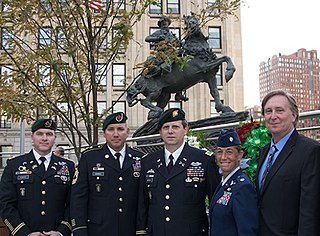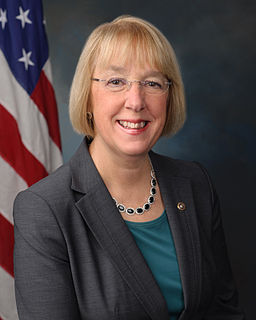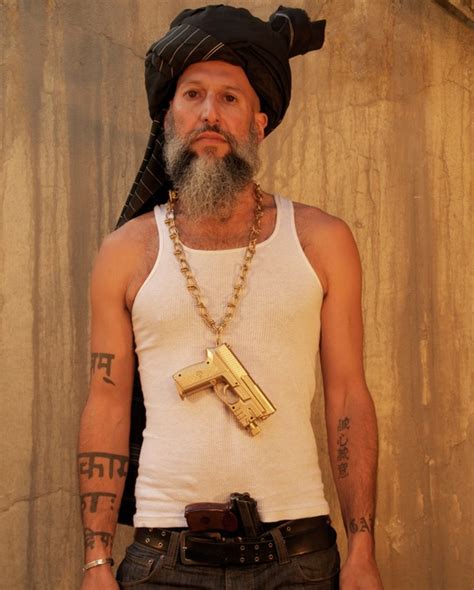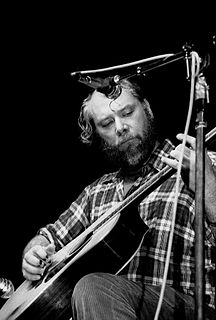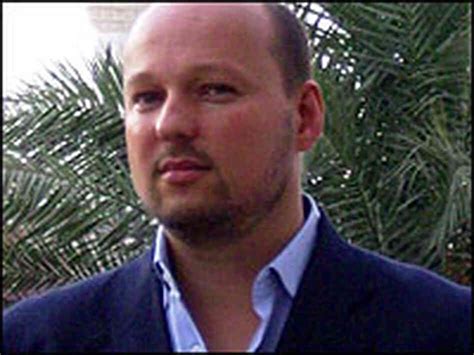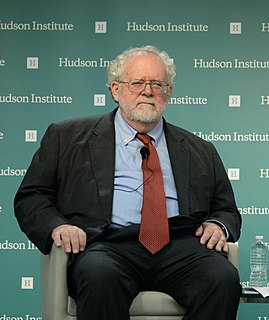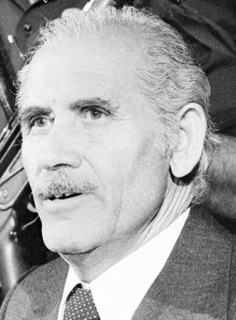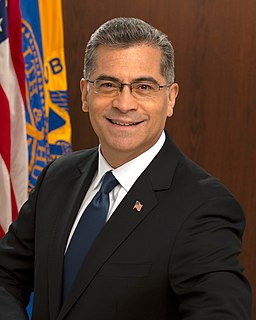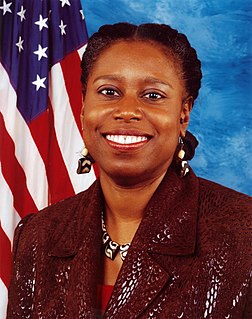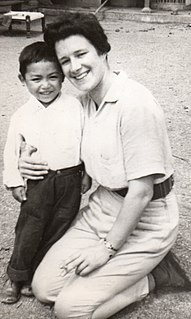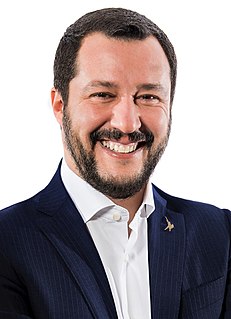Top 1154 Afghanistan Quotes & Sayings - Page 16
Explore popular Afghanistan quotes.
Last updated on November 25, 2024.
If you are religious at all, it is overwhelmingly probable that your religion is that of your parents. If you were born in Arkansas and you think Christianity is true and Islam false (knowing full well that you would think the opposite if you had been born in Afghanistan), you are the victim of childhood indoctrination.
We understand that ISIS is a group that's growing in its governance of territory. It's not just Iraq and Syria. They are now a predominant group in Libya. They are beginning to pop up in Afghanistan. They are increasingly involved now in attacks in Yemen. They have Jordan in their sights. This group needs to be confronted with serious proposals.
I want to say that I can be Moroccan and speak about someone without speaking about his nationality. Because, you know, I have the feeling that when you come from Morocco, when you come from Afghanistan, when you come from Africa, Occidental people always wait for you to write a novel about identity.
Andrew Warren was a rarity in the CIA's Clandestine Service - African-American, fluent in Arabic, and relatively young for an agent who'd already spent nearly a decade chasing terrorists in Afghanistan, Egypt, Iraq and Algeria, so deep undercover that few of his friends or family knew the nature of his work.
As president, my goal in Afghanistan will be to complete a successful transition to Afghan security forces by the end of 2014. I will evaluate conditions on the ground and solicit the best advice of our military commanders. And I will affirm that my duty is not to my political prospects, but to the security of the nation.
The Huffingtonpost.com does not pay its writers. Tina Brown's thedailybeast.com does pay its writers. You have to be paid because this is not a hobby. You have to keep that standard. You can't ask grandpa to loan you money because you have to go to Afghanistan. I walked the picket line for that to continue.
What is common among all of these groups [Taliban, Islamic State etc.] is the intent to destroy. The majority of terrorists who come to Afghanistan are from China, Russia, Uzbekistan, Kazakhstan, Saudi Arabia, Pakistan or North Africa. They were expelled from their countries and pushed to ours - this is their battlefield - and all of them, be it the Taliban or others, are interlinked with the criminal economy.
American media has just become talk radio, incredibly partisan name-calling and op-eds. I think the wars in Iraq and Afghanistan proved it has completely failed to act as an effective fourth estate. And young people didn't sleep through that, as is widely believed; they learned instead not to trust what they were being told.
Obama is making a choice now that will lead to the deaths of many thousands of civilians in Afghanistan by American hands. By ordinary standards of presidents, he is a decent man. But those standards aren't good enough. He's in a position either to kill or not to kill, and he's made the decision to kill.
Obviously it is right that the Afghans take responsibility for their own future in the end, but they need to know and feel that we are there as partners for them if they are prepared to make the necessary changes. But we should be in no doubt as to why we are in Afghanistan. We ended up there because terrorism hatched there erupted thousands of miles away in New York on Sept. 11.
The warlords took part in atrocities during the civil war in Afghanistan. They looted, they raped, they killed. They have become incredibly empowered and entrenched. They live in mansions, they have jobs in the government, and they're incredibly powerful. In Kabul, people don't want to speak about it too publicly, because these people are essentially like Tony Soprano.
We've been talking about the Syrian refugee crisis a lot, in the news in the U.K. and possibly the U.S., but it isn't the only refugee crisis that is happening at this minute. There's something like 22 million refugees in the world. There are people from Eritrea, Afghanistan, Syria, and so many other places where people are living in complete turmoil.
[Barack Obama] is sending more troops [to Afghanistan], but they have also realized that we are not going to win that war through guns and tanks. We have to engage the neighbors, and it is good that there is a non-military strategy in addition to a military strategy. It is, at least, encouraging. Whether it will work or not, the jury is still put.
I am always revolted when Islamic leaders, from Afghanistan or elsewhere, deny the very existence of female oppression, avoid the issue by pointing to examples of what they view as Western mistreatment of women, or even worse, justify the oppression of women on the basis of notions derived from Sharia law.
Democrats are channeling their frustration with America's imminent military victory in Afghanistan into hysterical opposition to reasonable national security measures at home. (Incidentally, this ought to prove once and for all what a bunch of paper tigers the Russians are. What were they doing over there for 10 years? It hasn't taken us 10 weeks.)
In June 2010, after more than 38 years in uniform, in the midst of commanding a 46-nation coalition in a complex war in Afghanistan, my world changed suddenly - and profoundly. An article in 'Rolling Stone' magazine depicting me, and people I admired, in a manner that felt as unfamiliar as it was unfair, ignited a firestorm.
In Afghanistan you are not rebuilding, you are building. There is very limited infrastructure and extreme terrain, with deserts in the south and mountains so high in some areas that helicopters don't even fly well at a certain altitude because the air becomes so thin. The country has a serious problem of illiteracy, especially after so many years of war and Taliban rule.
President-elect Donald Trump has a host of national security challenges to deal with as he assumes office, from the resurgence of the Taliban in Afghanistan to the grinding Syrian civil war to the flexing of Russian muscles under President Vladimir Putin to how to deal with ISIS as the terrorist army retreats in Iraq.
Osama Bin Laden is not well read and he's not sophisticated, but he will have worked out very coldly what America would do in response to this attack 9/11. I'm sure he wanted America to attack Afghanistan. Once you do what your enemy wants, you are walking into a trap, whether you think it's the right thing to do or not.
In many respects, Afghanistan represents a more difficult problem set. It does not have a number of the blessings that Iraq has in terms of the oil, gas, land of two rivers, the human capital that Iraq built up over the years, the muscle memory of a strong government - albeit one that was corrupted over time.
Carter's hopes died when the Soviet Union invaded Afghanistan and he ended up having to reverse policy and launch the military buildup that Reagan continued. Mr. Obama would be forced back into a war on terror if terrorist groups pull off enough damaging or frightening attacks to force this issue to the fore.
I am proud that for the first time in the history of Afghanistan, I am raising the flag of such a people, who are producing all material and immaterial equipment necessary for the life in this country and who make all efforts for prosperity and serendipity of the society. This glorious and magnificent red flag is the symbol of the greatness and pride of these people.
We think that Hillary [Clinton] will be a symbol and a reality for the women of the world, and it's very important because so many - so many underdeveloped countries, not the least of which is Afghanistan, the women of the world need help, and she understands those issues and is a lightning rod for them.
If we finally chose as a country to take responsibility for the wars that we believe we must engage in, and rather than borrow money to exercise that authority to go to war, we actually pay for these wars, that would save us over a trillion dollars, because that's what we have spent in Iraq and Afghanistan - all through borrowed money.
Images of burning Red Cross and UN buildings struck by US bombs contrasted with images of thousands of desperately poor Afghan women carrying sickly and starving children out of Afghanistan as they flee the might of the US military is tearing at international public confidence in our war against terrorism.
I mean, you can agree or disagree with Iraq or Afghanistan, but by the way, now the great campaigning cause out there is the absence of intervention in Syria. And then in Libya, it's partial intervention. And that doesn't really explain why some countries that have literally nothing to do with the interventions in the Middle East end up getting targeted.
Safety and security are the most basic job of government. I understand that - both as a mayor who works every day to secure public safety and reduce crime, and also as someone who deployed in uniform to Afghanistan because I believed joining the military was part of my duty to help keep my country safe.
Let's take Pravda in the 1980s. I mean you could have read things in Pravda saying that it was a stupid error to invade Afghanistan: "it was a dumb thing to do, we have to get out, it's costing us too much." I mean that U.S. analog of that would be "extreme liberalism," and it has been pretty well studied.
The Israelis have taken a lot of security measures which reduce significantly the ability of Iran to inflict truly severe pain in Israel. But America is vulnerable with 100,000 troops in Iraq and more than half of that in Afghanistan, and we depend heavily on access to Middle Eastern oil. We're sitting targets for debilitating Iranian retaliation.
'Duty' is a refreshingly honest memoir and a moving one. Mr. Gates scrupulously identifies his flaws and mistakes: He waited too long, for example, for the military bureaucracy to fix critical supply issues like the drones needed in Iraq and took three years to replace a dysfunctional command structure in Afghanistan.
Statistics tell us that of the 500,000 people who arrived, those who are granted political asylum are more or less 10 percent. I mean those who are fleeing from war, from Syria, Iraq, Afghanistan, parts of Nigeria. Welcoming them, in all of these cases, is our duty. For illegals, though, expulsion is needed.
It might help to know that in Afghanistan citizenship papers and birth certificates and the official registration of births and deaths are the exotica of faraway places. One is born 'in the time of the pomegranate harvest' or some such thing or one's birthdate is recorded as the first day of the year if you are even aware of the year you were born.
I left things out - my motivations, my history, my emotional responses - because I am not good at understanding them or writing about them. I tried and it was generally boring and always unconvincing. Most importantly I wanted to try to place Afghans and Afghanistan in the foreground rather than my own character.
In Afghanistan, U.S. troops are now holding an American man who has been fighting alongside the Taliban. His mother says he was born in Washington, D.C. and his father's a lawyer. Well, that explains it. ... He surrendered to authorities and said he wants to go back to his old job - airline security guard.
Today too, the most important issue in the world is Palestine. If a war breaks out in Iraq, we believe it is due to the provocation of the Zionists. If it happens in Afghanistan, it is because of their provocation. If Sudan is oppressed, it is due to Zionist seduction. We consider all the arrogant, colonialist schemes to be inspired by the Zionists.



